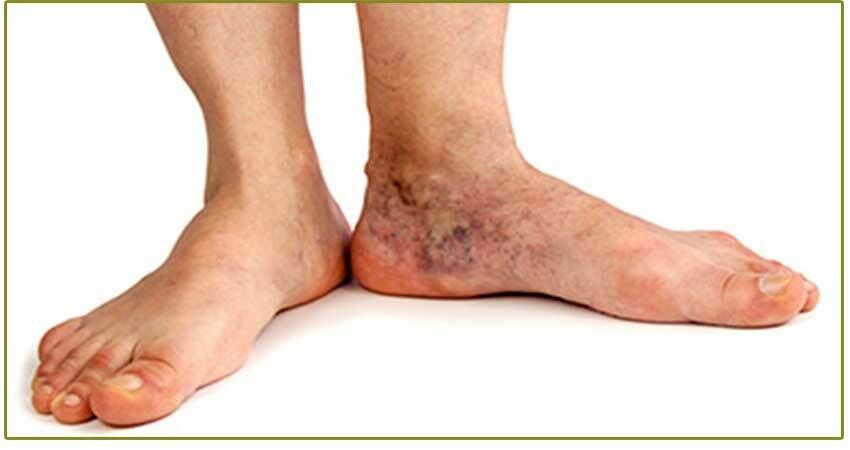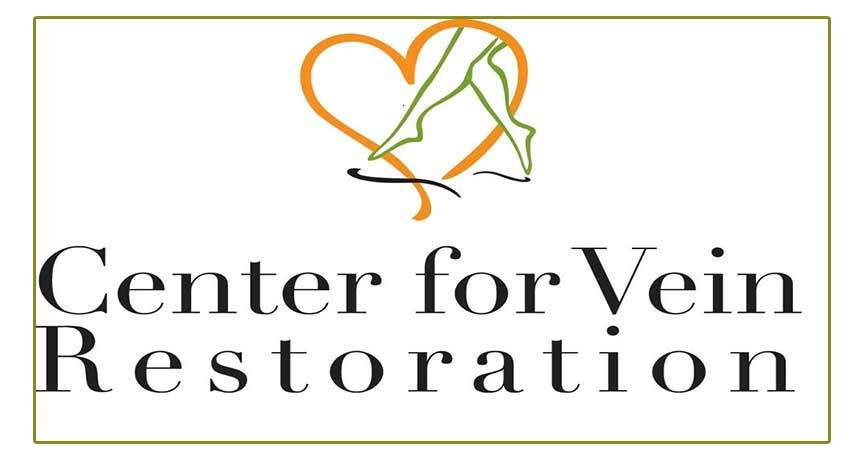
Venotonics: Reducing Symptoms of Venous Insufficiency
Venotonics: Reducing Symptoms of Venous Insufficiency Venotonics, also known as venotropics or phlebotropics, are a class of medicinals that have effect

Is there a link between fibromyalgia and varicose veins? For some, there is.
Fibromyalgia, or FM or fibrositis, is a neurological condition marked by pain throughout the body. Sleep disorders, fatigue, poor concentration, and mood changes also often accompany FM. According to the Arthritis National Research Foundation, FM affects 2 percent of U.S. adults.
There is no definitive cause of fibromyalgia. FM pain can be felt anywhere in the body, including the legs, where varicose veins occur. Is there a connection between fibromyalgia and varicose veins? For some, there might be. Fortunately, there are some pain management techniques for varicose veins in patients with FM.
Fibromyalgia doesn’t cause varicose veins, or vice versa. If there is a link, it’s because varicose veins and fibromyalgia are more common among women. Therefore, it’s highly likely both conditions may develop in the same person.
Both FM and varicose veins cause pain and tenderness in the legs, so the symptoms overlap. Because fibromyalgia makes women more sensitive to pain, they will feel the discomfort of varicose veins more acutely.
Many people may consider varicose veins a cosmetic problem, but varicose veins may lead to more serious venous issues, such as open sores on the legs or even dangerous blood clots. As such, it’s best to see a vein specialist if your varicose veins are causing severe symptoms.
Due to widespread pain, people with fibromyalgia may avoid exercise. However, a sedentary lifestyle and obesity are two major risk factors for varicose veins. As a result, fibromyalgia patients increase their chances of developing varicose veins by not exercising.
Varicose veins develop because tiny flaps in the leg veins stop closing to propel blood back to the heart. That can occur because of excess weight, sitting for long periods, or not working the calf muscles, among other reasons. Unable to contain the excess blood, the vein bulges from under the skin’s surface as a thickened varicose vein.
Fibromyalgia and varicose veins are distinct conditions that should be diagnosed and treated separately. Treatments for FM include physical therapy and medications. For varicose veins, therapies begin with at-home pain management techniques.
Those could include wearing compression stockings that gently push the blood through the leg veins, thereby reducing pain and swelling. Elevating your legs above your heart each day for 20 minutes encourages blood to flow in an upward direction to the heart. This eases pressure in the veins and prevents blood pooling in the vein.
Although working out vigorously with fibromyalgia is challenging, you can try less impactful exercises, like walking and water aerobics. Exercise also helps maintain a healthy weight, so you’re putting less strain on your veins.

Surgical treatments are available for varicose veins, as well. A vein specialist can perform one of several non-invasive options during a same-day office procedure. Treatments such as sclerotherapy, use a safe solution injected into the vein to irritate the vein wall, so the vein eventually closes and disappears. Others destroy the vein with the heat of a laser or radiofrequency waves. For large varicose veins, ambulatory phlebectomy is recommended. In that procedure, the bulging veins are removed through tiny incisions.
Newer innovations, including VenaSeal and Varithena, have proven effective in eliminating the pain from varicose veins. VenaSeal seals the vein shut with a medical adhesive. Like sclerotherapy, Varithena uses a foam substance injected into the vein under ultrasound guidance to eliminate the damaged vein.
All of these procedures are brief and can be performed with localized numbing. Except for some mild bruising that quickly fades, you can expect to make a full recovery in days.
If you have fibromyalgia and varicose veins, these procedures can reduce the pain of varicose veins, which could, in turn, lessen the discomfort of FM. A vein specialist can discuss each with you and decide which is best for your needs.
At Center for Vein Restoration, our goal is to help our patients live a life without the pain of varicose veins. We offer a variety of treatment options, such as the ones mentioned above, and many more. Contact us today for a consultation.